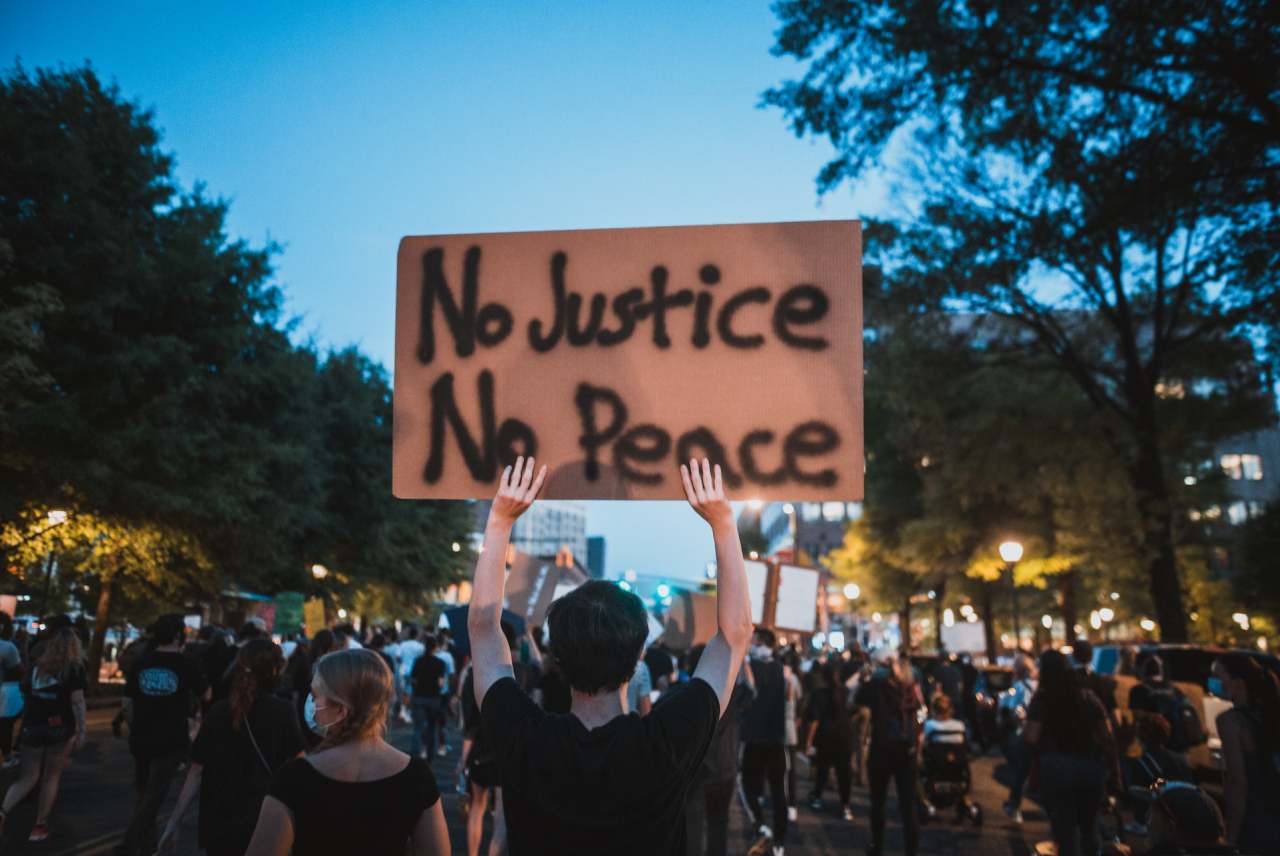In 2022, campaign coalition Don’t Buy Into Occupation (DBIO) published a report exposing financial relationships between European institutions and companies actively involved with the illegal Israeli settlements.
Israeli settlements, their maintenance and expansion are illegal under international law. Yet international companies sell everything from the surveillance equipment used in the settlement to equipment for the demolition of Palestinian homes and olive groves.
The report found European financial institutions had provided USD $171.4 billion in the form of loans and under-writings to businesses that are actively involved with Israeli settlements, between 2019-2022. They also held USD $115.5 billion in investments in these companies.
725 European financial institutions, including banks, asset managers, insurance companies, and pension funds were involved.
The ten companies providing the largest total in loans and underwritings included:
- HSBC (USD $15.04 billion)
- Deutsche Bank (USD $14.07 billion)
- Barclays (USD $12.29 billion)
- Santander (USD $9.46 billion).
The ten largest investors included Deutsche Bank (USD $6.38 billion), Legal & General (USD $5.52 billion) and Allianz (USD $4.00 billion).
What are illegal Israeli settlements?
Under international law, Israeli settlements, their maintenance and expansion are illegal and comprise a number of acts that amount to war crimes and crimes against humanity.
The settlement enterprise has resulted in a myriad of human rights violations against the Palestinian population. Israel has evicted Palestinians from their homes and created coercive environments that force displacement. The Israeli government has also introduced discriminatory planning and zoning policies in the Occupied Palestinian Territory (OPT) and demolished houses to facilitate the creation and expansion of settlements. The settlements are also accused of rendering sustainable and independent social and economic development for Palestinians in the OPTs impossible to achieve.
The maintenance and growth of the settlements would not have been possible without private actors, including businesses and financial institutions. The companies listed in the Don't Buy Into Occupation report have facilitated the establishment, maintenance and expansion of Israeli settlements.
Booking.com and Israel
A major company that received credit from several big financial institutions is Booking.com - a subsidiary of Booking Holdings, and which is highlighted in the DBIO report.
Booking.com is well known for its online travel services around the world, and covers over 220 countries and territories.
According to the report, Booking.com provides booking services for a range of hotels, guest houses, and holiday apartments in Israeli settlements in the OPT, including the eastern part of Jerusalem.
The report lists Booking.com's biggest creditors as Deutsche Bank, BNP Paribas, HSBC, and Standard Chartered.
Booking.com is included in our travel booking companies guide.
What should banks and financial institutions do?
Recently, several financial institutions and companies have taken up their responsibility by divesting from business enterprises linked to Israeli settlements.
Two important examples are those of Kommunal Landspensjonskasse (KLP) and the Norwegian Government Pension Fund Global (GPFG). KLP is Norway’s largest pensions company, who in July 2021, divested from 16 companies linked to Israel’s settlement enterprise. In a similar vein, GPFG announced in September 2021 that it will exclude three companies that are actively involved with Israeli settlements. The 19 companies excluded by KLP and GPFG were listed in the UN database of businesses involved in certain activities relating to Israeli settlements in the OPT, which was mandated by the Human Rights Council in 2016, and published in February 2020.
These businesses, creditors and investors have a responsibility to ensure that they are not involved in violations of international law and or complicit in international crimes, and to address any negative human rights impacts arising from their business activities and financial relationships.
International financial institutions, including banks and pension funds, have a responsibility to use their leverage to ensure their investee companies act responsibly and inline with international law standards, and to divest from those who are unable or unwilling to do so. Where financial institutions do divest, they must do so in a responsible manner and ensure that human rights are protected throughout the process.





